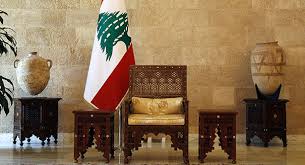The reader might assume that this is an Islamic characteristic, due to the rising role of political Islam groups in the public sphere, especially since the mid-1940s and continuing to the present day.
Lebanon's society was not exempt from using religious discourse to achieve social interests. In fact, it can be considered the main testing ground for political, social, and security theories, due to its diverse components. The Maronites, as one of the key social groups, were among the first to adopt religious discourse as a tool for achieving political goals. The position of the Maronite Patriarchate played a central role in the establishment of the current Lebanese state, where spiritual, doctrinal, and historical heritage was used in both the state-building process and the struggle for independence. As a result, social and religious discourses became intertwined, and the leader of the Maronite Church emerged as not only a spiritual leader but also the social and political leader of the community, alongside his primary pastoral duties.




Comments